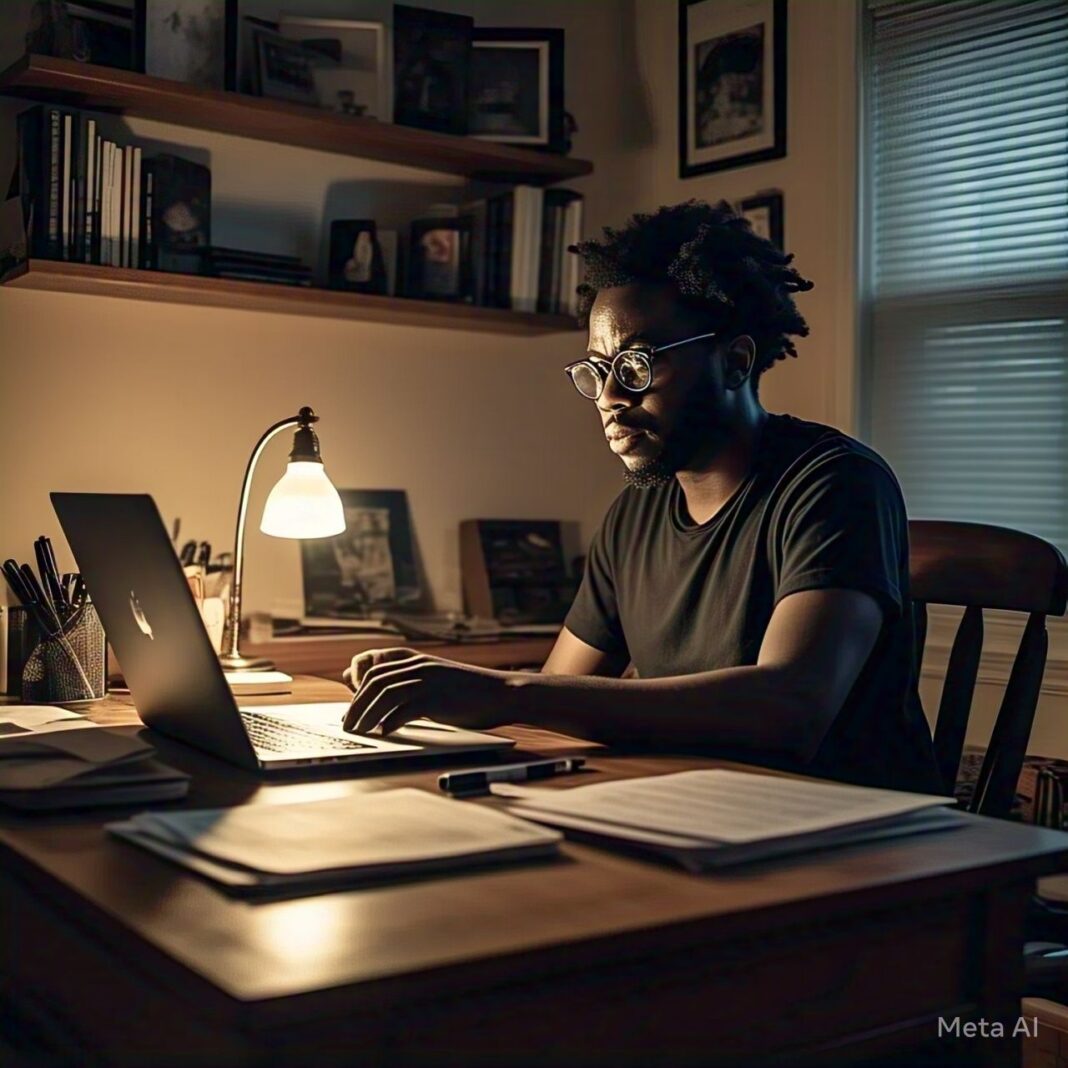So, you want to be a screenwriter? You dream of seeing your stories come to life on the big screen, but where do you even begin? We’ve got answers for you.
Writing a screenplay can feel overwhelming at first, but don’t worry, I’ve got you covered. Whether you’re looking to break into Nollywood or just trying to write your first short film, here are some essential screenwriting tips to get you started.
1. Understand the basics of a screenplay format
Screenwriting is different from writing a novel or a short story. A script follows a specific format that includes:
Scene headings (sluglines) – These tell us where and when a scene takes place. Example:
EXT. LAGOS STREET – DAY
Action descriptions – This describes what’s happening in the scene. Keep it concise and visual.
Dialogue – What your characters say. Each character’s name appears above their dialogue.
Tools like Final Draft, Celtx, or even free software like Fade In can help format your script properly.
2. Start with a strong concept
Every great film starts with a solid idea. Ask yourself:
Is this concept fresh and engaging?
Can it be summed up in one sentence?
Does it have a compelling conflict?
Example: A struggling Lagos musician fakes his death to boost his album sales, but his plan backfires when his fake funeral turns into a city-wide celebration.
If you can’t summarise your story in one catchy sentence, you may need to refine your idea.
3. Focus on structure (the three-act structure)
Most successful films follow a three-act structure:
Act 1 (Setup) – Introduce your main character, their world, and their problem. By the end of this act, something big should happen that pushes them into action.
Act 2 (Conflict) – The heart of your story. Your character faces obstacles, struggles, and possibly fails. This is where the tension builds.
Act 3 (Resolution) – The climax! The biggest challenge is faced, and the story concludes.
4. Write compelling characters
Your audience needs to connect with your characters. Create characters with:
Goals – What do they want?
Flaws – What’s holding them back?
A Journey – How do they change from the beginning to the end?
For example, if your lead character is a broke journalist in Lagos who discovers a scandal, the audience needs to feel his desperation and determination.
5. Show, don’t tell
Film is a visual medium. Instead of writing:
“John is angry.”
Show it through action:
“John slams his fist on the table, knocking over his cup of coffee.”
Audiences connect more with emotions they can see rather than what is simply stated in dialogue.
READ ALSO: Is Nollywood still producing celebrities? [Opinion]
6. Write a natural-sounding dialogue
Good dialogue should feel real but not too real (because in real life, we stutter and go off-topic a lot). Here’s how to improve your dialogue:
Avoid long speeches; keep lines short and punchy.
Each character should have a unique way of speaking.
Use subtext. Sometimes, what’s not said is more powerful.
Bad example:
“I am so angry at you for what you did yesterday at my mother’s house when you refused to eat the food she cooked.”
Better:
“Yesterday? At my mother’s house? That was foul.”
7. Cut out the boring stuff
Every scene in your script should serve a purpose. If a scene doesn’t:
Move the story forward
Reveal character
Add tension
Then CUT IT. The best scripts are lean and keep the audience engaged at every moment.
8. Write your first draft without overthinking
Many beginner writers get stuck trying to make their first draft perfect. Don’t! Just get the story down on paper. The magic happens in the rewriting process.
Remember this golden rule: “Write first, edit later.”
9. Read and watch more films
Want to be a better screenwriter? Read screenplays and watch films with a critical eye. Ask yourself:
How does this movie set up its characters?
How is tension created in this scene?
How is dialogue used effectively?
Websites like Script Slug offer free movie scripts to study.
10. Keep writing!
The more you write, the better you get. Your first script might be terrible (and that’s okay!). The key is to keep going, learn from feedback, and improve.
Screenwriting isn’t easy, but with practice, patience, and passion, you’ll get better. Start small; maybe with a short film or a web series before tackling a full-length feature.


